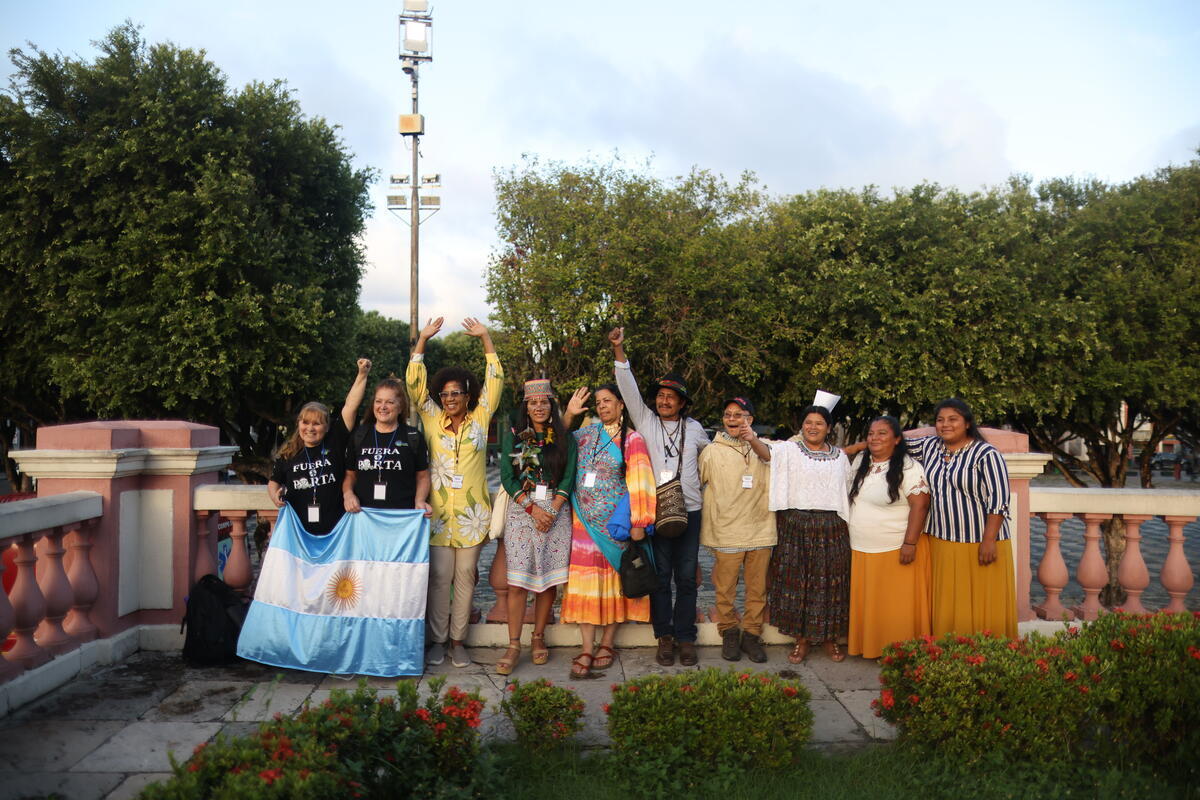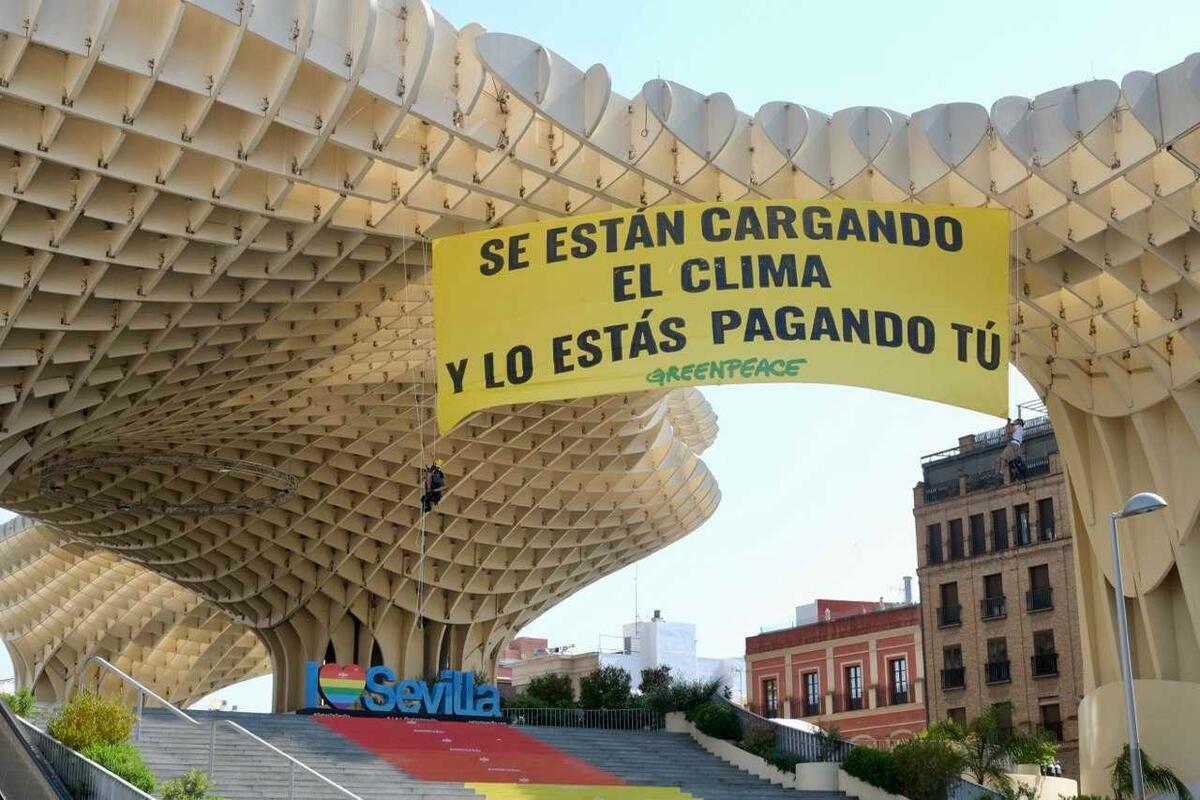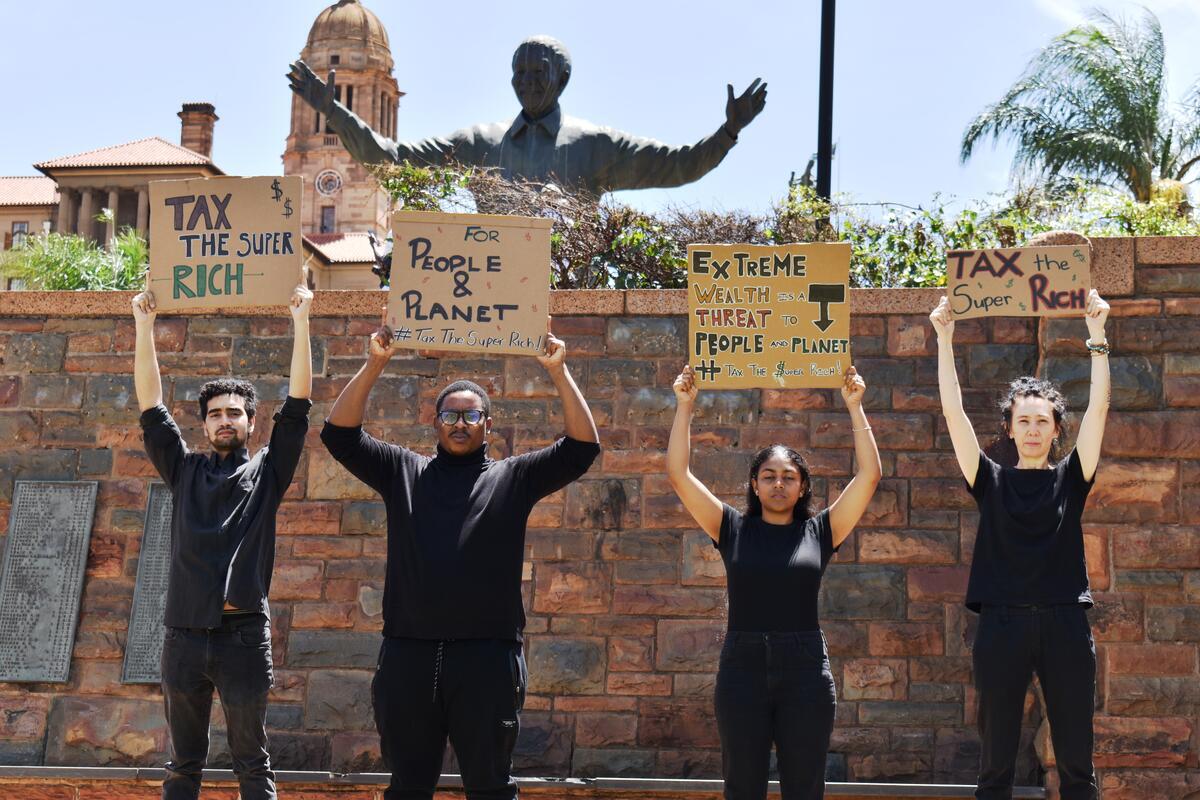The climate crisis is fueling inequality around the world and in particular racial injustice. For generations, inequality has exacerbated the impacts of the climate emergency for racial communities, and here is why:
Colonialism
“The excessive exploitation of natural resources would not have been possible without slavery, which allowed Western countries to accumulate significant wealth … This grabbing of wealth continued with colonisation, in Africa, South America, and Asia.
“The struggle for the environment and for peace requires racial, environmental, and climate justice, and a fundamental change in our relationship with others and with nature. Environmental destruction cannot be fought without fighting racism and the violence associated with it: they are two sides of the same coin.” — Greenpeace France
Colonisation involved the removal of people from their land, the destruction of this land and exploiting the local communities through unpaid labour.
But colonialism isn’t just something steeped in history, its systems of oppression are very much alive and well today. We see this with extractive industries, such as fossil fuels that are still causing destruction around the world – taking land, destroying it and causing harm to the people that live there.
Polluting marginalised communities
Quite often, polluting industries are located in areas where people of colour and marginalised communities reside. From rural to urban areas, people of colour continue to be disproportionately affected by these environmental impacts that can cause severe health issues and in some cases death.
These industries affect the water communities drink, the soil in which they grow their food, and the air they breathe.
On the frontlines of extreme weather events
The communities and nations least responsible for climate change are on the frontlines of its impacts. From floods to droughts, racialized communities are bearing the brunt of the climate crisis. Homes, crops and lives are being destroyed with the increasing occurrence of extreme weather events.
Communities whose homes and livelihoods are destroyed by extreme weather events, are having to take on dangerous journeys and migrate to survive. They often face discrimination as they seek safety in other nations.
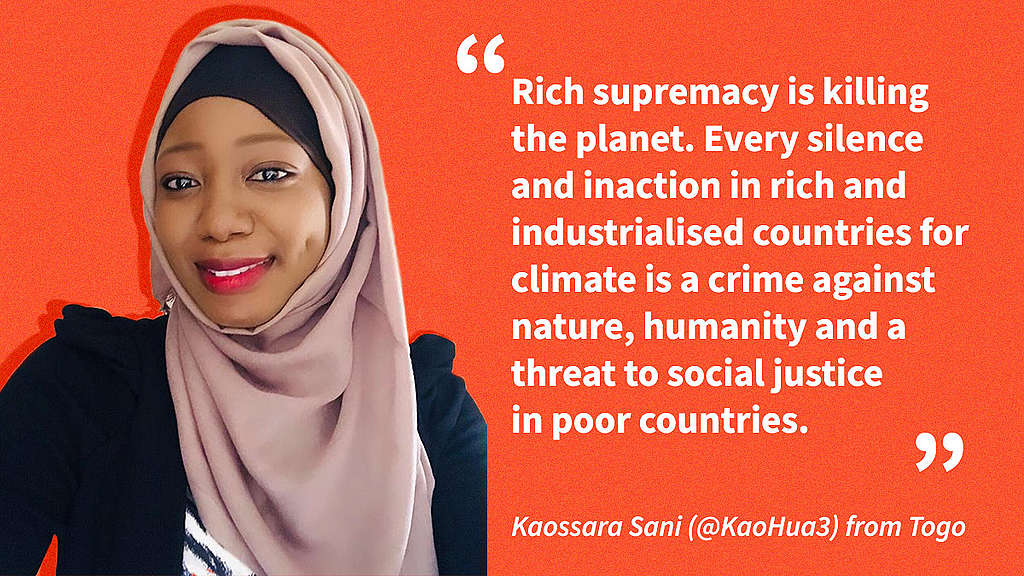
So what can we do?
As we continue to stand up against polluting industries such as fossil fuels, our solutions must center racialised communities. Forests are home to hundreds of thousands of Indigenous Peoples and local communities who have been fighting to protect them for generations.
Racialised communities have been holding governments and corporations accountable to accelerate a just transition. We need to work with the climate justice movement and to centre their voices as we reimagine the world we want to live in. It’s time for a #FossilFreeRevolution
Georgia Whitaker (@GVittika) is the Lead Campaigner of Greenpeace EU Fossil Free Revolution
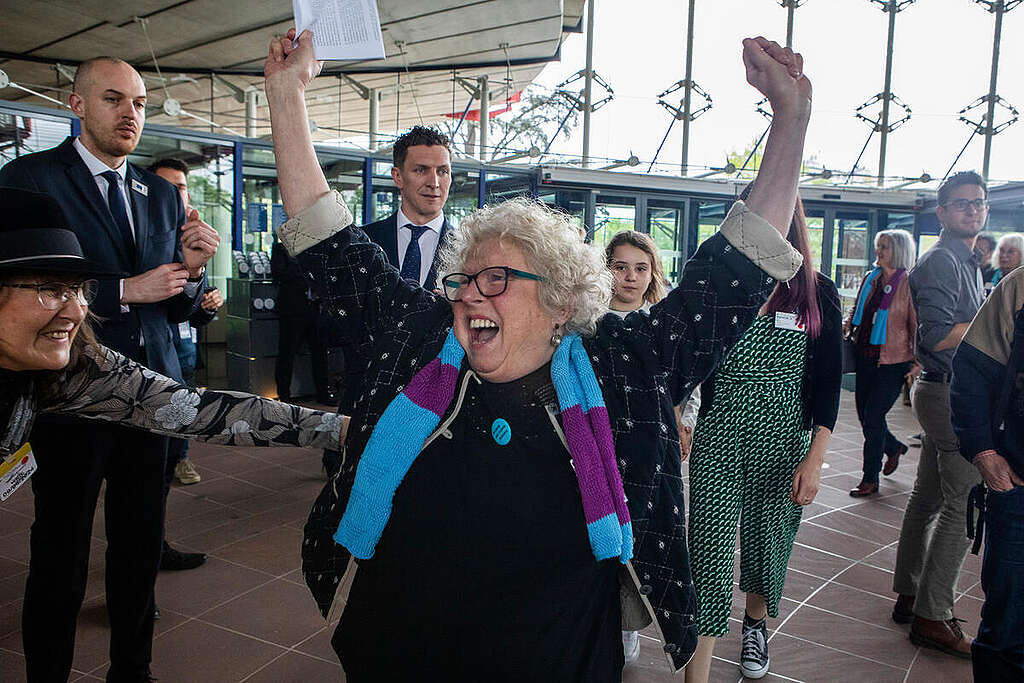
It’s time for all of us to assert our rights, demand climate justice, and a dignified way of life.
Take action
